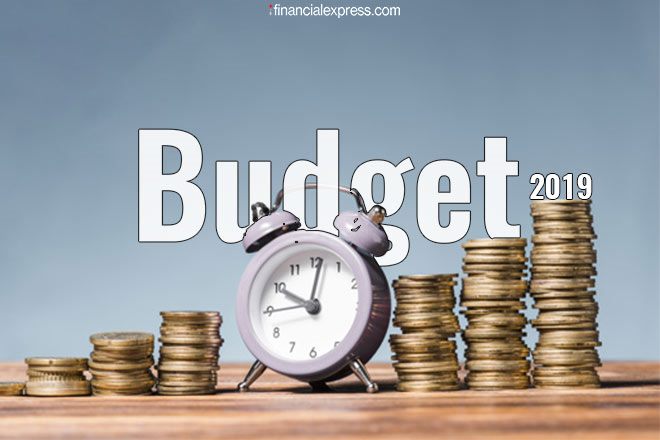Union Budget 2019 India: Bonds rallied on Friday, with the market cheering the reduction of fiscal deficit target for FY20 to 3.3% compared to the 3.4% announced in the interim budget as well as the government’s decision to raise part of its gross borrowing from the overseas market, which could reduce supply-side pressures in the domestic market.
The yield on the benchmark 10-year bond fell to as low as 6.56% during the day before ending Friday’s session six basis points (bps) down at 6.69%. This is the lowest yield on the benchmark bond in 28 months.
Vijay Sharma, senior executive vice-president at PNB Gilts, pointed out that there were two things that caused a knee-jerk reaction in the yield movement. “Initially, it was announced that the fiscal deficit target is being brought down to 3.3%. A section of the market felt that the gross borrowing number will also come down. Along with that, there was the news that part of the borrowing would be done in the overseas market. These two things led to the initial euphoria that brought the yields down to 6.56%. However, when the borrowing numbers came out, they were more or less similar to what was announced earlier. That’s why you could see some spike in yields after the initial fall,” he explained.
With the government deciding to consider offshore borrowing, investors think that this may help reduce the pressure on yields in the long run, although volatility remains a concern.
Sharma stated that as far as the euphoria over the external borrowing is concerned, he would wait before acting over the news. “The proof of the pudding is in the eating. We will wait till the details of the scheme actually come out. On these ambitious things, there are often more misses than hits,” he said.
Abheek Barua, chief economist, HDFC Bank, pointed out that for the bond market, the new fiscal deficit target of 3.3% of GDP should come as a positive surprise and lead yields to ease.
Also read: Union Budget 2019 will boost retail economy, believes Shashwat Goenka of RP-Sanjiv Goenka Group
“Additionally, the comments from the finance minister that the government would raise part of its borrowing in foreign currency should take a lot of supply-side concerns off the table. For the current year, while nothing additional has been budgeted for the overseas borrowing account, opening up of this route should benefit the bond market in the long term,” Barua said.
Sharma of PNB Gilts said yields are unlikely to go higher than 6.75% in the days ahead. “If it does, then it becomes an attractive buy. During the year, we believe the benchmark yield may go down to as low as 6.40%,” he said.


